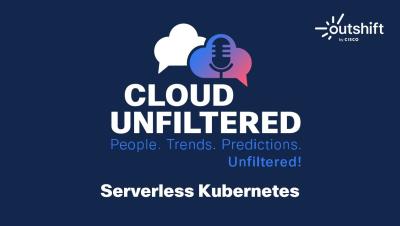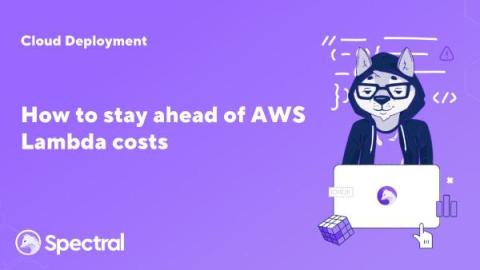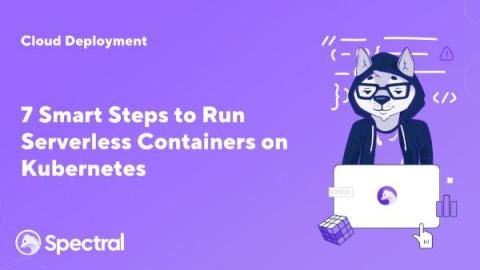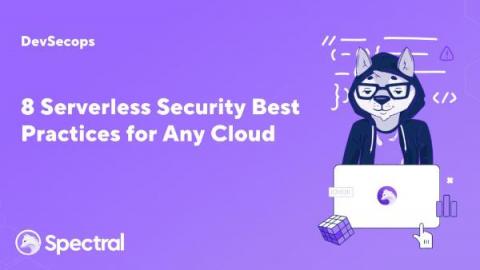Security | Threat Detection | Cyberattacks | DevSecOps | Compliance
Serverless
Tips to optimize and secure Azure Functions
Using AWS Secrets Manager and Lambda Function to Store, Rotate and Secure Keys
Proactively Secure Serverless Functions Across AWS, Google Cloud and Azure with Falcon Cloud Security
Cloud Unfiltered with Michael Levan - Serverless Kubernetes - Episode 16
How to stay ahead of AWS Lambda costs
How to keep applications running on AWS Lambda secure with Datadog
7 Smart Steps to Run Serverless Containers on Kubernetes
5-Step Guide on Securing Serverless Architectures in the Cloud with RASP
Serverless architecture has increased in recent years, and is anticipated to grow by nearly 25% over the next decade, According to one source, the serverless architecture market was worth over $9 billion in 2022, with its compound annual growth rate projected to increase. The market could be worth over $90 billion by 2032. This indicates the immense amount of potential that this industry carries, influenced by the increasing adoption of DevOps by organizations.
8 Serverless Security Best Practices for Any Cloud
Time, cost, and quality – hitting this trifecta is the ultimate goal of any software organization. Its pursuit over decades has resulted in multiple application development methodologies like serverless computing, an emerging and popular cloud computing model touted as the future. Nearly 70% of organizations will increase their usage of serverless computing by 2025.











